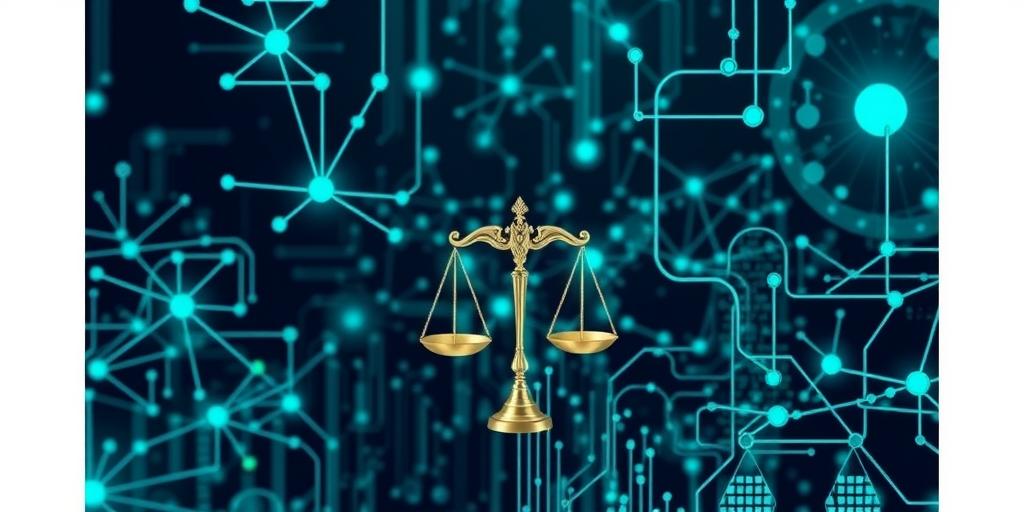The Ethical Dilemmas of AI: Navigating a Complex Future
Artificial Intelligence (AI) is rapidly transforming our world, offering unprecedented opportunities and advancements across various sectors. However, this technological revolution also brings forth a complex web of ethical dilemmas that demand careful consideration. As AI systems become more integrated into our daily lives, understanding and addressing these ethical challenges is crucial to ensure a future where AI benefits all of humanity.
The Rise of AI and Its Ethical Implications
AI's ability to process vast amounts of data and make autonomous decisions raises significant ethical questions. From self-driving cars to healthcare diagnostics, AI systems are increasingly responsible for tasks that directly impact human lives. This necessitates a thorough examination of the ethical implications associated with their deployment.
Key Ethical Dilemmas in AI
- Bias and Fairness: AI algorithms are trained on data, and if that data reflects existing societal biases, the AI system will perpetuate and even amplify those biases. This can lead to discriminatory outcomes in areas such as hiring, loan applications, and criminal justice. Ensuring fairness requires careful attention to data collection, algorithm design, and ongoing monitoring.
- Privacy and Surveillance: AI-powered surveillance technologies raise concerns about privacy violations and the potential for misuse. Facial recognition, predictive policing, and data mining can infringe upon individual rights and freedoms. Striking a balance between security and privacy is essential.
- Accountability and Transparency: When AI systems make errors or cause harm, determining accountability can be challenging. The "black box" nature of some AI algorithms makes it difficult to understand how decisions are made, hindering transparency and accountability. Developing explainable AI (XAI) is crucial for building trust and ensuring responsible use.
- Job Displacement: As AI automates routine tasks, there are concerns about widespread job displacement and the need for workforce retraining. Addressing this challenge requires proactive policies to support workers in transitioning to new roles.
- Autonomous Weapons: The development of autonomous weapons systems (AWS) raises profound ethical questions about the delegation of lethal force to machines. Concerns include the potential for unintended consequences, the lack of human control, and the erosion of moral responsibility.
Navigating the Ethical Landscape
Addressing the ethical dilemmas of AI requires a multi-faceted approach involving collaboration among researchers, policymakers, and the public.
- Ethical Guidelines and Regulations: Governments and organizations need to establish clear ethical guidelines and regulations for the development and deployment of AI systems. These frameworks should address issues such as bias, privacy, accountability, and safety.
- Education and Awareness: Raising awareness about the ethical implications of AI is crucial for fostering informed public discourse and responsible innovation. Educational initiatives can help individuals understand the potential risks and benefits of AI technologies.
- Technical Solutions: Researchers are developing technical solutions to mitigate ethical risks, such as bias detection and mitigation techniques, privacy-preserving algorithms, and explainable AI methods. Continued investment in these areas is essential.
- Interdisciplinary Collaboration: Addressing the ethical dilemmas of AI requires collaboration among experts from diverse fields, including computer science, ethics, law, and social sciences. By bringing together different perspectives, we can develop more comprehensive and effective solutions.
Conclusion
The ethical dilemmas of AI present complex challenges that require careful consideration and proactive solutions. By prioritizing fairness, transparency, and accountability, we can harness the power of AI to create a more equitable and prosperous future for all. Navigating this complex landscape requires ongoing dialogue, collaboration, and a commitment to ethical principles.









